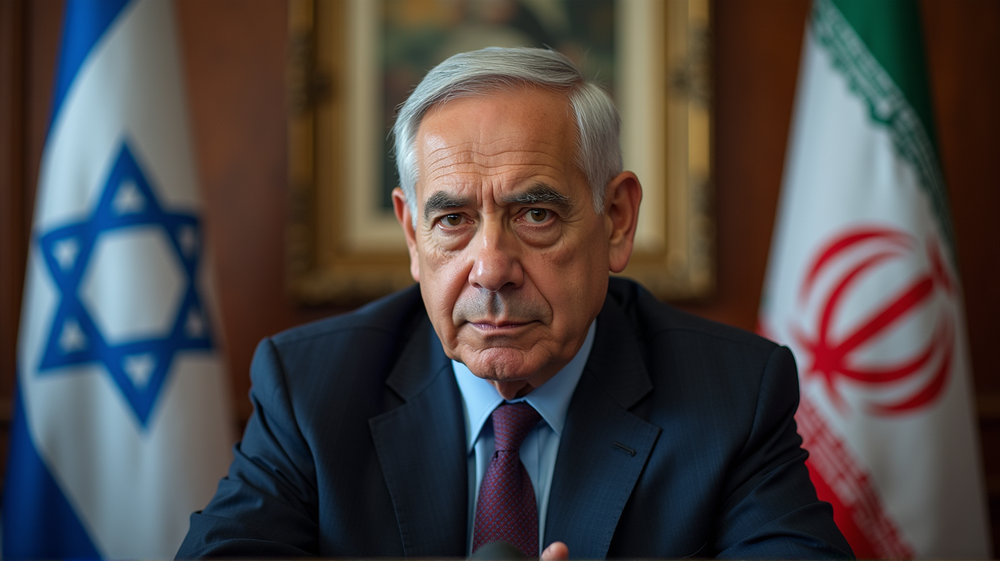In a startling turn of events, Israel’s Defense Minister, Israel Katz, has publicly threatened to target Iran’s Supreme Leader, Ayatollah Ali Khamenei. The words resonate like the echoes of a brewing storm that may once again engulf the region in turmoil. According to the Anadolu news agency, this brazen statement was made during Katz’s strategic visit to Israel’s Ramon Air Force Base.
The High Stakes Message
Katz’s declaration was not a mere political statement. It was a clear and unambiguous challenge, reminiscent of historical confrontations that have shaped the ever-shifting sands of Middle Eastern politics. “If you continue to threaten Israel, our long arm will reach Tehran again with even greater power – and this time personally to you too,” Katz was quoted by the Yedioth Ahronoth newspaper.
This proclamation comes on the heels of a violent 12-day conflict that erupted in June, characterized by intense air strikes from both Israel on Iranian targets and retaliatory attacks from Tehran. As the world watched with bated breath, the two nations danced perilously close to a full-blown war.
A Ceasefire, Not a Peace
The US-brokered ceasefire that took effect on June 24 brought temporary relief but left underlying tensions intact. The threats from Israel’s defense minister reveal the fragility of this ceasefire and the geopolitical fault lines that remain. Diplomats and analysts across the globe now scramble to interpret these developments, even as an uneasy calm blankets the region.
Strategic and Political Shifts
From Iran’s perspective, these threats mark not only a direct assault on its leadership but also signal Israel’s willingness to escalate the confrontation should diplomacy falter. Such rhetoric from Tel Aviv could well serve as a warning to any adversary contemplating aggression.
Meanwhile, Israel’s bold posture raises questions about its strategic goals, the domestic support for such aggressive foreign policy actions, and the potential ramifications for regional stability.
Global Reactions and Implications
While Iranian authorities have yet to comment, the international community watches closely. The fragile balance in the Middle East is no stranger to the repercussions of rhetoric matched with military action. For neighboring countries, these intensified hostilities between Israel and Iran potentially destabilize the broader region, adding fuel to the perennial tinderbox of tensions.
According to Middle East Monitor, the dialogue between these nations, steeped in historical animosities and ideological divides, embodies the complexities of contemporary geopolitical dynamics.
As the world keeps an eye on the unfolding saga, hopes for peace remain clouded by the specter of military confrontation, a reminder that threats, once uttered, cannot be easily forgotten or ignored. The reverberations of Katz’s words promise to echo in halls of power far beyond the confines of the Middle East.












